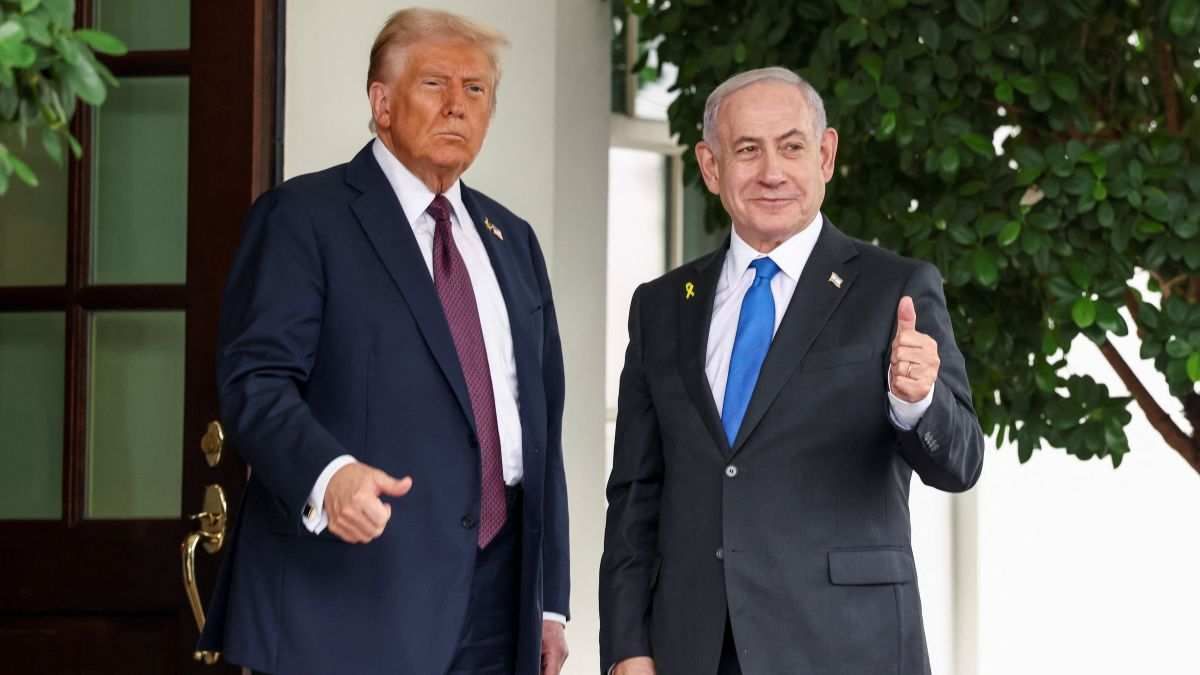Bibi pays yet another visit to the White House
Israeli Prime Minister Benjamin Netanyahu meets with US President Donald Trump at the White House today to discuss postwar Gaza. The Trump administration proposed a plan last week involving a coalition of Arab and Muslim-majority nations overseeing a Palestinian committee’s governance of the strip, as well as the release of the remaining hostages from Gaza. Trump hinted on Sunday that a deal to end the war was close, while Bibi said of the White House proposal that he hoped Israel could “make it a go.” With Trump and those around him growingincreasingly impatient with Netanyahu, will there finally be a breakthrough?
Europe gets a win the East
Moldova’s pro-European Party of Action and Solidarity, led by President Maia Sandu, won a narrow parliamentary majority despite alleged Russian efforts to sway the vote towards a Kremlin-friendly opposition party. Opposition protests followed the vote, but European Union leaders welcomed the result, which strengthens Moldova’s bid to join the EU and rebuffs pro-Russian parties that campaigned on anger about high gas prices and fears of wider war and conflict with Russia stemming from Western backing for Ukraine. The election – seen as a referendum on Europe versus Russia – drew global attention to the tiny country due to its strategic position between Romania and Ukraine.
Peru is the latest subject of “Gen Z” protests
Following on from Southeast Asia, South America became the latest continent to experience recent “Gen Z” revolts, as protests erupted in Lima, the Peruvian capital, against President Dina Boluarte. Demonstrators clashed with police, and roughly a dozen were injured. The spark was the government’s move to require everyone over 18 to join a pension provider, which many oppose because it places extra financial burdens on young people when they already face economic insecurity. But tensions have been simmering in the country of 34 million people over corruption scandals, rising crime, and a lack of accountability after Boluarte’s security forces killed protestors in 2022-2023. Boluarte’s approval rating lies at just 3%. The country is scheduled to have elections next year.
